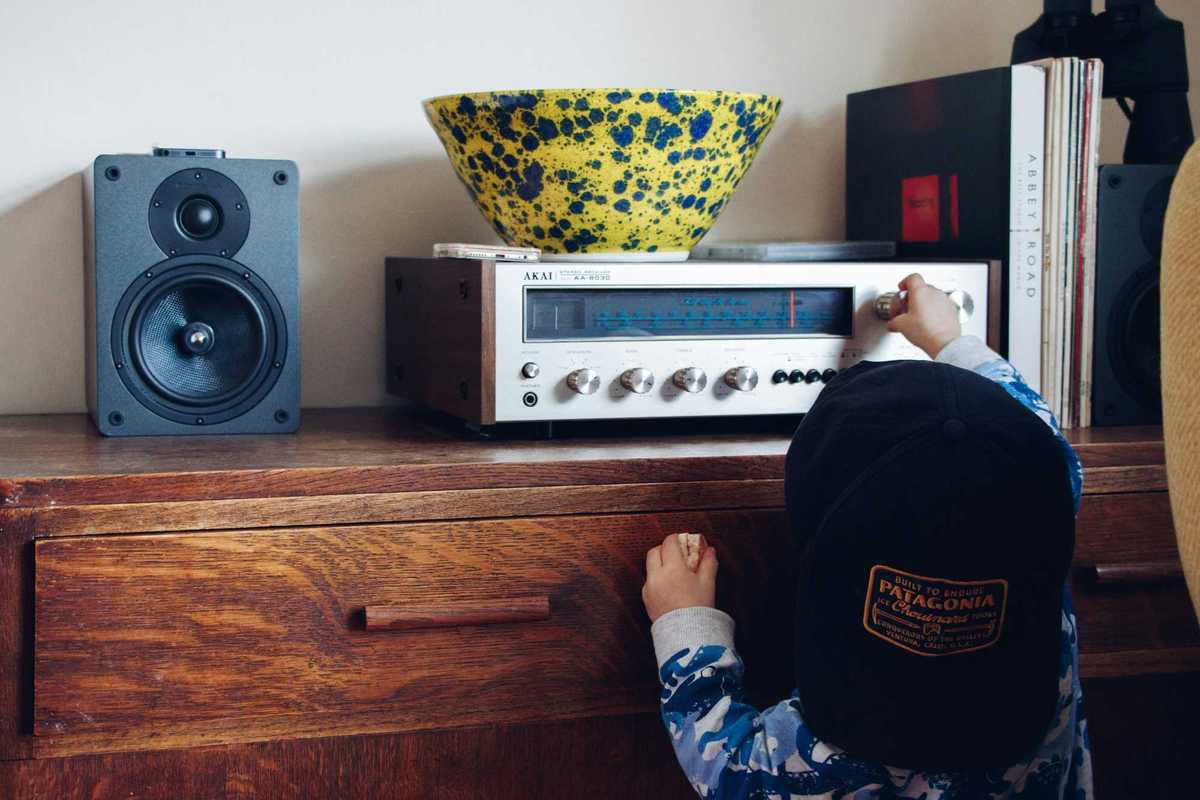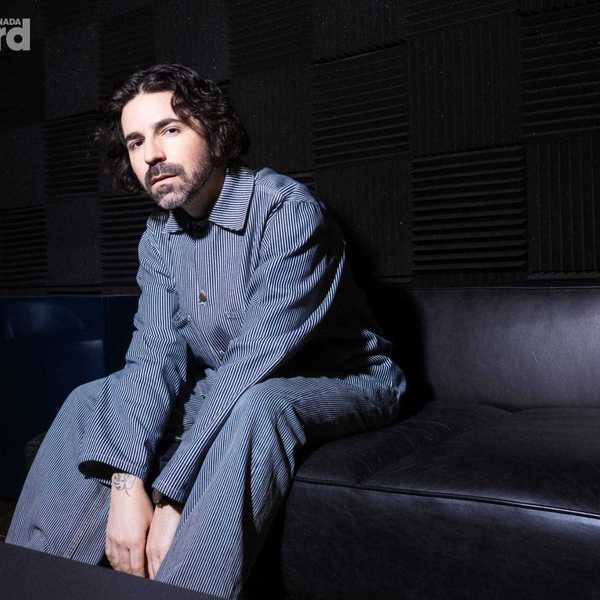Soundcheck Survey Reveals Mental Health Challenges in the Canadian Music Industry
The primary report from a Revelios survey in partnership with SOCAN and Unison Fund reveals the impact of stress, substance use and financial success on music industry workers, and stresses the need for more and better industry support.

Revelios founder Catherine Harrison in 2023
The Canadian music industry is in the midst of a mental health crisis.
That's according to the new Soundcheck: A Survey on Mental Health in The Canadian Music Industry report Revelios [Mental Health Works], which has released its preliminary findings.
“These findings are a call to action,” says Catherine Harrison, president and founder of Revelios, who revealed the data at Departure Conference last week in Toronto (May 7). “The Canadian music industry is grappling with profound and systemic mental health challenges. Without coordinated leadership, better education and meaningful structural support, we risk losing the creative heart of our industry to burnout, distress, and disillusionment.”
The report outlines findings from the first 800 responses to the survey, which was conducted in partnership with SOCAN and Unison Fund. Its goal is to identify factors leading to mental health issues in the music industry relating to pressures of fame, performance expectations, and industry demands.
Soundcheck is the first national-scale study of its kind, and this initial report already highlights an alarming reality about mental health within the Canadian music business.
“Its findings will provide valuable insights into the state of mental health in our industry, helping all stakeholders better understand the challenges and identify ways to offer meaningful support,” SOCAN CEO Jennifer Brown told Billboard Canada back in January, naming the study as an important project for 2025.
The survey’s participants, who are music industry workers, almost unanimously (94%) agreed that mental health issues are prevalent within the industry, whereas 40-50% of respondents have previously had suicidal thoughts. The mental health struggle is a widespread problem, but the degree of suffering is also intense.
The majority of these struggles involve mental stress/distress, with anxiety, fatigue, and sleep disturbances being the most prevalent symptoms. Sleep proved to be a critical area for improvement, as only 9% of respondents claimed to get enough sleep. Modern working conditions are also at fault, which participants say are making it difficult for them to balance mental health and delivering top quality work.
Many of the mental health factors and problems in the study were linked to the underlying structure of the music industry and how it operates. Financial stress and success is a key issue wherein the Canadian cultural context is especially relevant. The crossover potential for Canadian artists is a big source of worry, with 84% of respondents believing that breaking into other international markets is difficult to achieve.
Substance use is another key issue that is frequently embedded within the industry’s activities and settings and occasionally encouraged. The topic faces a noteworthy dual stigmatization: participants expressed that the use of substances is stigmatized (84%), but so is abstinence (58%), whether it be sobriety or a recovery process.
There is a strong absence of industry involvement in terms of seeking and offering mental help. Respondents claim that the environment is not conducive to good mental health (81%) and that the level of communication, education and training surrounding the topic is lacking. The act of seeking mental help feels stigmatized, according to 68% of participants.
Despite being in its early stages, Soundcheck is already showcasing the need for mental health support in the Canadian music industry and highlighting a crucial need for awareness and support on the industry’s behalf.
Revelios encourages music industry workers to participate in the anonymous survey, which will remain open until Sept. 30, 2025 at this link. A final study report is set to be published at the beginning of 2026.
Find the full preliminary Soundcheck report here.
- Looking Forward: Canadian Music Industry Leaders on the Issues ... ›
- Looking Forward: Canadian Music Industry Leaders on the Issues That will Define 2025 | Billboard Canada ›
- ‘Urgent Challenges Requiring Action’: New Report Reveals Canadian Music Industry’s Impact on Mental Health | Billboard Canada ›
- Des enjeux qui ne peuvent plus attendre : un rapport révèle l’impact de l’industrie musicale canadienne sur la santé mentale | Billboard Canada ›

















